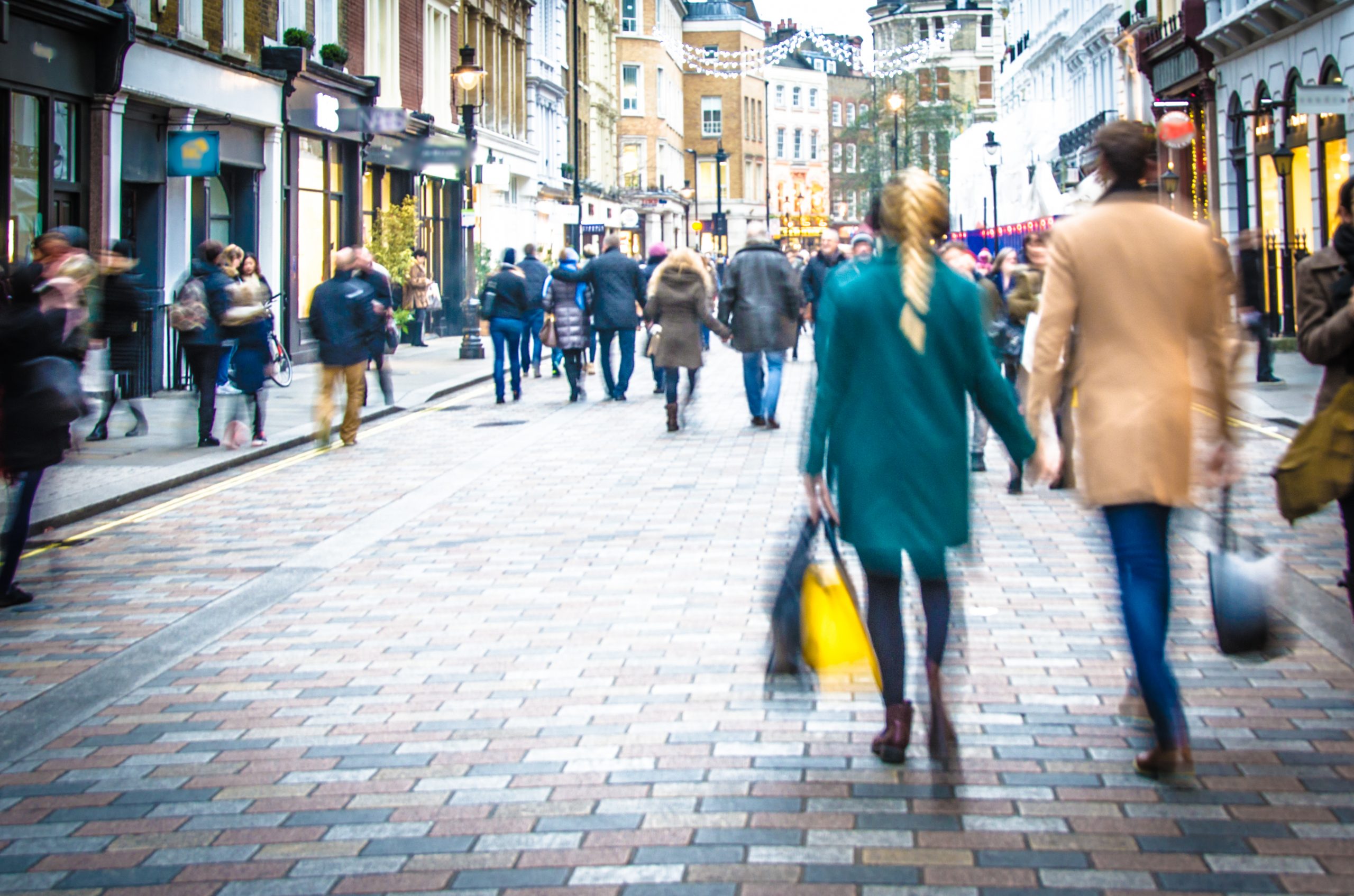Household Bills
Brits cut back on luxuries as they turn to budget goods

Spending on essential items grew 7.2% in the year to August, with data showing more people are cutting back on one-off treats and turning to own-brand goods to weather the rising cost of living.
Soaring inflation has seen spending on essential items rise, with August’s figure the highest increase since December 2021.
Data from Barclaycard – which captures nearly half of the nation’s credit and debit card transactions – reveals that spending on utilities increased 45.2% year on year, leading to nine in 10 showing concern about rising bills. As such, 45% are reducing their energy use to combat increasing costs.
Meanwhile, spend on fuel grew 23.9%. While this is the lowest growth in 12 months, owing to a small drop in pump prices, Barclaycard revealed 13% of drivers are choosing to walk or cycle to work instead while 11% have started to commute by public transport.
Supermarket shopping saw its largest year-on-year uplift (4.7%) since February 2021, while specialist food and drink stores returned to growth (0.6%) for the first time in eight months.
But spending at supermarkets and food and drink specialist stores declined compared to July 2022 (3.6% and 1.6% respectively), with nearly half of Brits seeking to obtain more value from, or to reduce the cost of their weekly shop.
Of these shoppers, 55% are cutting down on luxuries or one-off treats for themselves, and a similar proportion (53%) are buying budget or own-brand goods over branded items – an increase compared to July’s data (52% and 47% respectively).
Clothing down, bars up
Clothing retailers also saw a noticeable decline (1.9% year-on-year and 10.7% month-on-month) as did department stores (4.3% year-on-year and 7.7% month-on-month). This comes as 37% of shoppers said they are buying more from charity shops while 31% said they are using second-hand clothing websites to buy or sell items.
Overall card spending declined 1.9% compared to July 2022, with shoppers becoming more selective about their discretionary purchases to ensure they can afford rising household bills, according to Barclaycard.
But the data also revealed that the summer month enticed Brits back into restaurants and bars, as well as pubs and clubs, with spending in these categories rising 6.6% and 8.4% respectively.
Summer staycations also boosted hotels, resorts and accommodation by 4.1% in the month. But international travel has been dented by rising costs, with travel agents and airlines declining 5% and 2.6%, “possibly due to holidaymakers booking breaks earlier in the year and those booking last-minute trips choosing to cut back on getaways abroad,” Barclaycard noted.
Brits enjoy the summer but cutbacks on the horizon
José Carvalho, head of consumer products at Barclaycard, said: “The cost-of-living is clearly leading Brits to cut back on some non-essential purchases to ensure they can afford the increasing costs of their weekly grocery shop and household utility bills. Yet, despite these inflationary pressures, consumers have still been keen to enjoy the summer weather by eating and drinking out and going on staycations with friends and family.
“However, an energy price rise on the horizon means the majority are understandably very concerned about whether their finances can stretch far enough to afford rising household bills. Many Brits plan to continue cutting back on their discretionary spending during the autumn and winter, while adopting a resourceful approach to saving money in order to weather a challenging period ahead.”
With no end to the cost-of-living crisis in sight, Your Money has published a range of money-saving guides recently. These include seven ways to save on energy bills; the ways to get discounts on food; and nine money-saving tips for students about to head back to university.